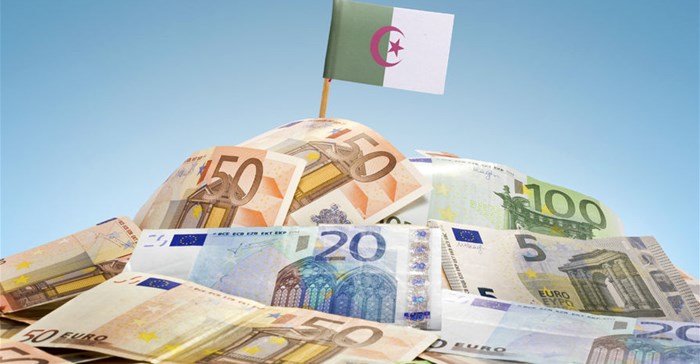Algeria has adopted a 2017 budget that will see taxes raised to compensate for falling revenues from its key oil sector, officials said on Wednesday.
The budget, signed by President Abdelaziz Bouteflika, is calculated on an oil price of $50 per barrel.
Oil is the main source of revenue for the North African country. The budget announced Wednesday outlines raises in value-added tax and duty on alcohol and tobacco, petrol-based products as well as real estate and stamp duties.
The budget forecasts an income of $51bn and spending of $63bn.
Despite cuts, it will spend $14bn on welfare including subsidies on basic products, housing and health care support.
It also allots $10bn for defence in a country facing instability from armed Islamists who have been active in the country since a devastating civil war in the 1990s.
The budget ruled out recruiting further civil servants or raising the public payroll.
The government has also begun reforming the pension system to save it from "bankruptcy".
In 2011, high oil revenues allowed Algeria to massively increase wages and subsidies, helping it to weather the Arab Spring.
But the 2014 collapse in crude oil prices has forced Algiers to cancel investments and find ways to cut public spending.





































